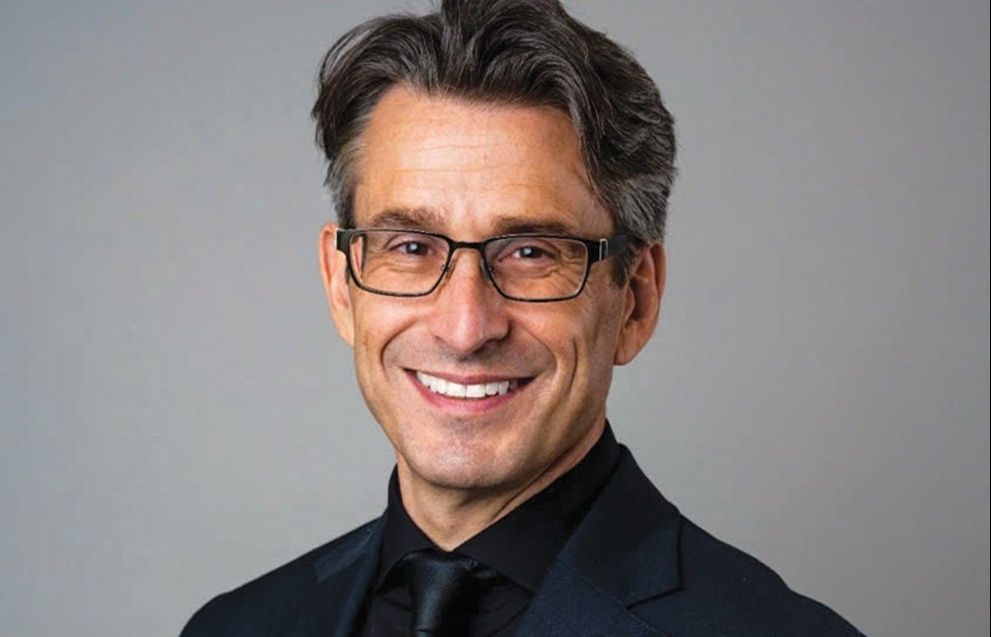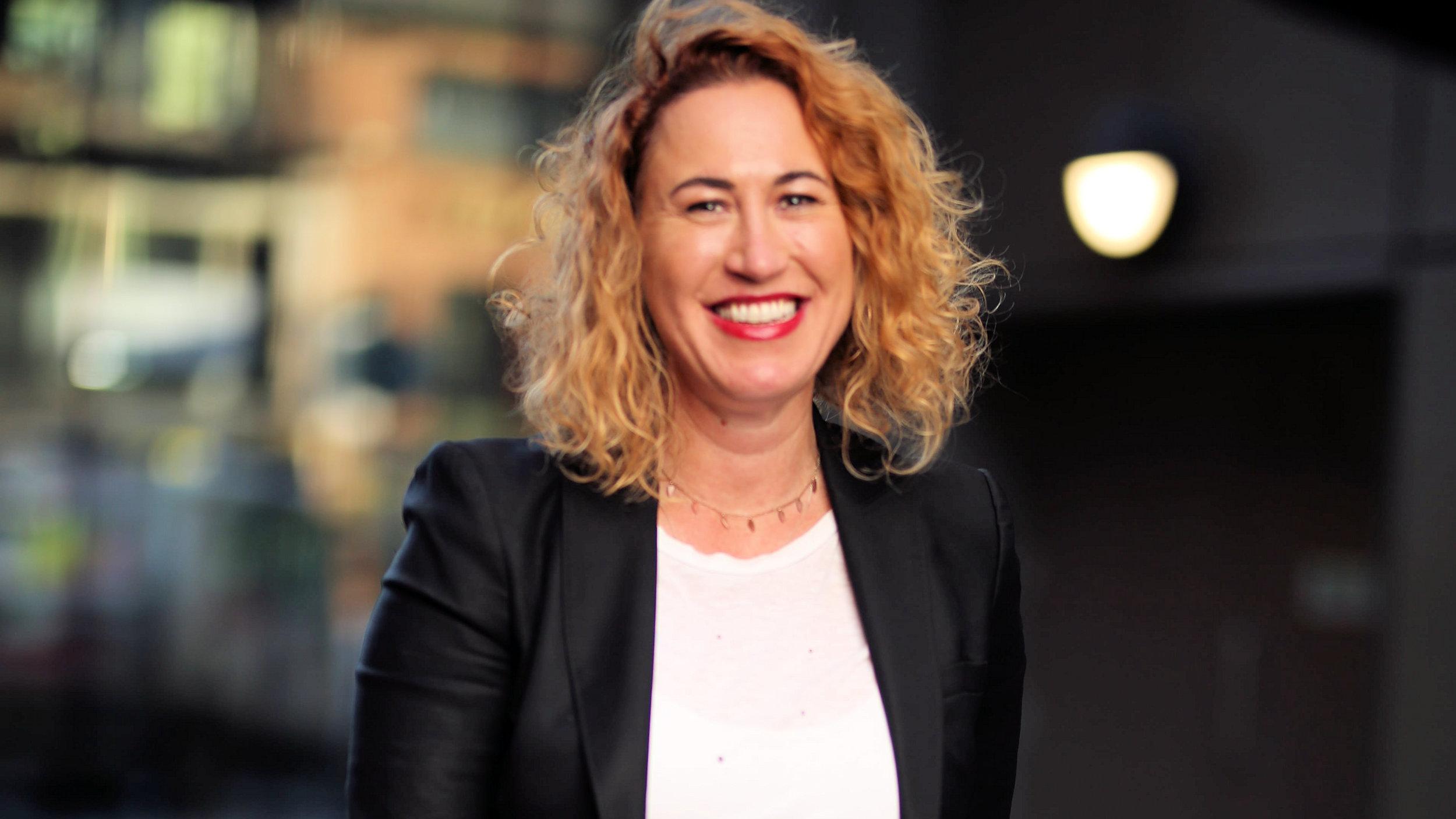How do you evaluate the application of AI and generative AI in healthcare across ASEAN countries?
The amount of healthcare data is growing exponentially across ASEAN, and studies suggest we currently utilise only about 3 per cent of all available healthcare data. Most of this data remains unstructured and unused. The power of GenAI lies in its ability to manage large datasets, extract meaningful insights, and integrate information effectively. Additionally, the rise of agent interfaces enables natural language interactions with this data, which is critical to making it easier for healthcare workers to discover this data.
| Rowland Illing, director and chief marketing officer of Government Health at AWS |
In the future, GenAI will impact every part of the patient journey – from staying healthy to diagnosis, hospital treatments, care pathways, therapy, discharge, and follow-up. Each step of this process can be improved by GenAI, and we are already seeing this happen today.
For example, in Thailand, we are working with Doctor Raksa, a telehealth agency using AWS. They have built a platform with over 700 doctors across 30 specialities, which is integrated with hospital systems, insurers, and pharmacies.
Currently, they have over 400,000 active patients and have conducted more than 100,000 consultations over the past three years. They are now integrating AI and machine learning into their processes to further enhance patient care.
In Vietnam, Jio Health’s vision is to be the most consumer-centric healthcare company in Vietnam and across Southeast Asia. What makes Jio’s model unique is that access to care is part of a larger omnichannel strategy that integrates prevention, multi-speciality care management, and ancillary diagnostic and pharmacy benefits to deliver better healthcare outcomes.
Meanwhile, GeneStory is a genomics service provider whose mission is to make genomics science accessible to millions of Vietnamese and people of Asian background, leveraging state-of-the-art in bioscience, big data, and AI. GeneStory has over 100,000 monthly users and produces more than 600GB of data daily.
It is said that the application of GenAI in the healthcare sector is still facing difficulties because of the large amount of data and impacts on medical ethics. How can we deal with this challenge?
AWS is very focused on responsible AI, and we have been working with the US government on responsible AI guidelines, which we ourselves are applying. We are also working with others, such as by establishing the Coalition for Health AI, where we promote responsible AI.
It’s important to recognise that ethics and the use of AI are a joint responsibility. AWS provides the technology, platform, and guidelines for best practices. What AWS does is to ensure that those who are managing the data and acquiring it are responsible for it and have the right tools in place to manage it properly.
For example, we work with governments, hospitals, and research organisations to ensure they are building the most secure and robust platforms to allow data to be used in an appropriate manner. All of the tools for encryption in transit and at rest need to be in place. Regarding the use of GenAI, we are very happy to work with them to ensure that best practices are followed. We also work very closely with regulatory organisations in every country in which we operate in, to make sure that we are in line with the parameters of each country’s own systems.
What are the important factors for a country to succeed in the application of GenAI, and what are your plans for Vietnam?
The right regulatory frameworks have to be in place. There also need to be procurement vehicles available to actually acquire cloud services because, again, there will be no GenAI without the cloud. The computing requirements are so large that you must be able to leverage the cloud to carry out GenAI at scale and then democratise it worldwide.
Also, training and education are essential. We have a clear mandate for workforce education. AWS had a programme to train 29 million people in cloud computing technology for free around the world by 2025. We have already trained 31 million people, so we have exceeded that goal. We also have a specific programme to train two million people for free in AI.
So, where we can work with Vietnam, on upskilling the workforce, we would love to lean in. So far AWS has already trained more than 50,000 people in Vietnam on cloud skills since 2017. We have a head of healthcare workforce education, and we believe that in the future, there will be a number of new job families that currently do not exist. These new types of jobs will be created because of GenAI and AI capabilities, so we need to think about how to train people for these roles.
We always want and would like to work with governments around the world. We have great relationships, not just through healthcare, but also with the government of Vietnam more broadly across all industries to see where innovation can take place and where opportunities lie.
 |
WHO weighs up AI risks and benefits for healthcare
Generative artificial intelligence could transform healthcare through things like drug development and quicker diagnoses, but the World Health Organization warned Thursday of the potential pitfalls in rushing to embrace AI. |
 |
Growing AI applications now prevalent in healthcare
AI is now getting increasing attention and more investment in research, with AI application success in many fields, including healthcare. |





